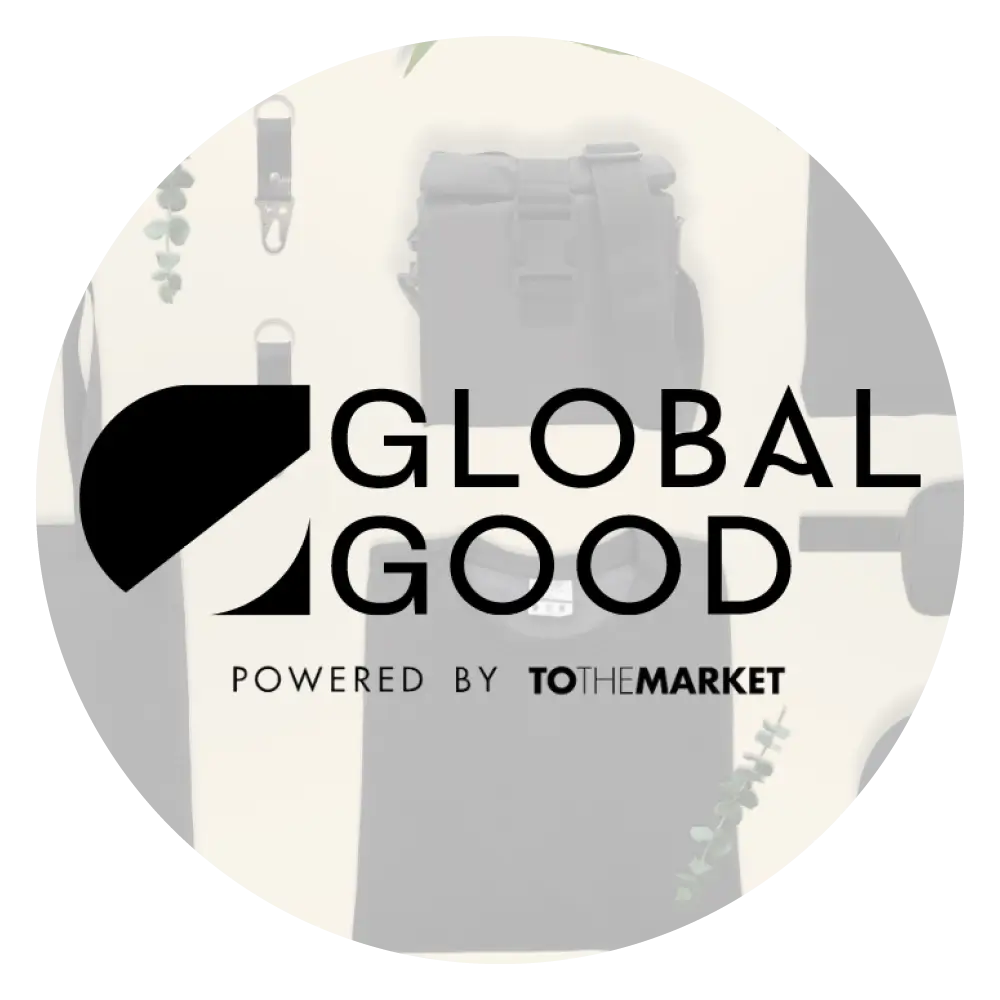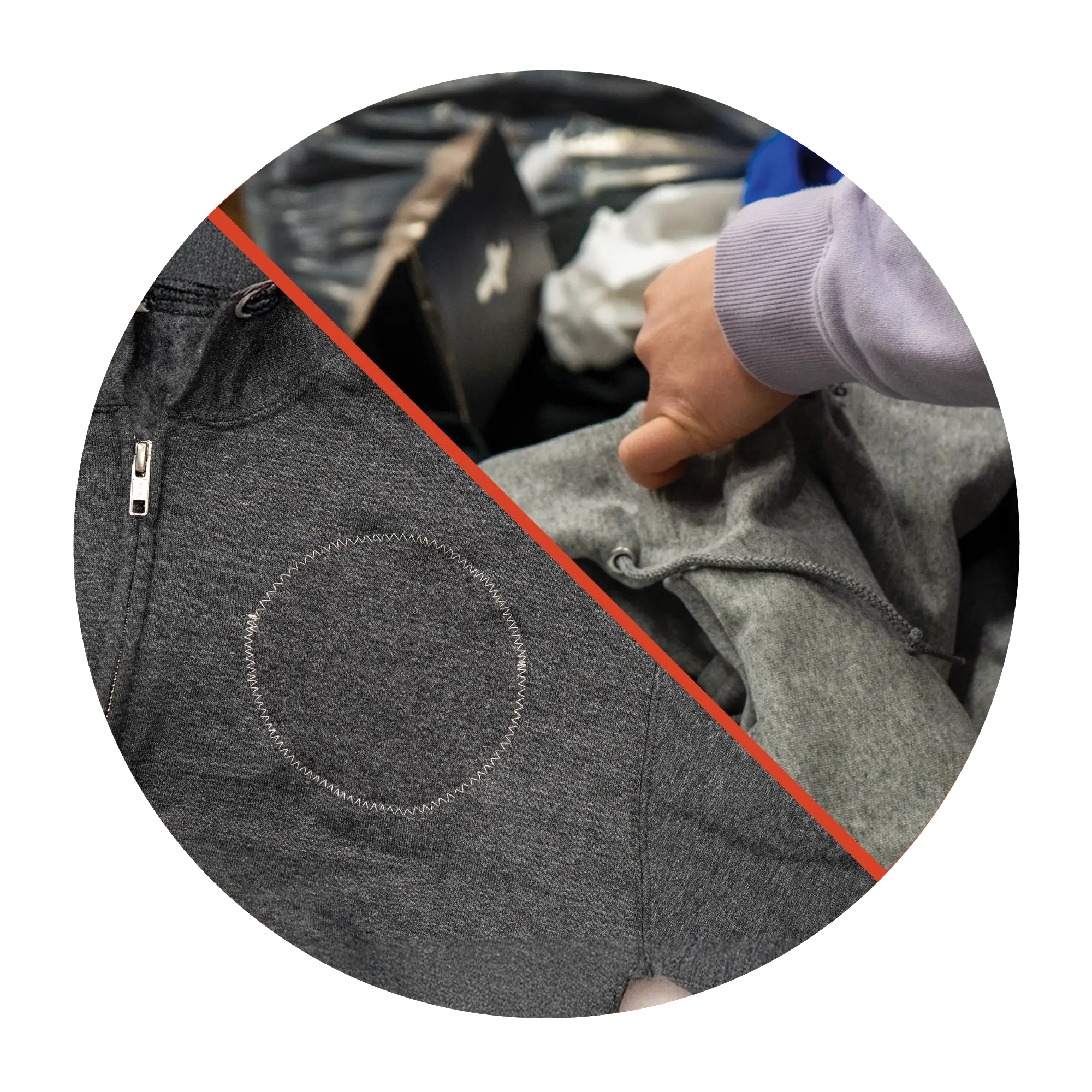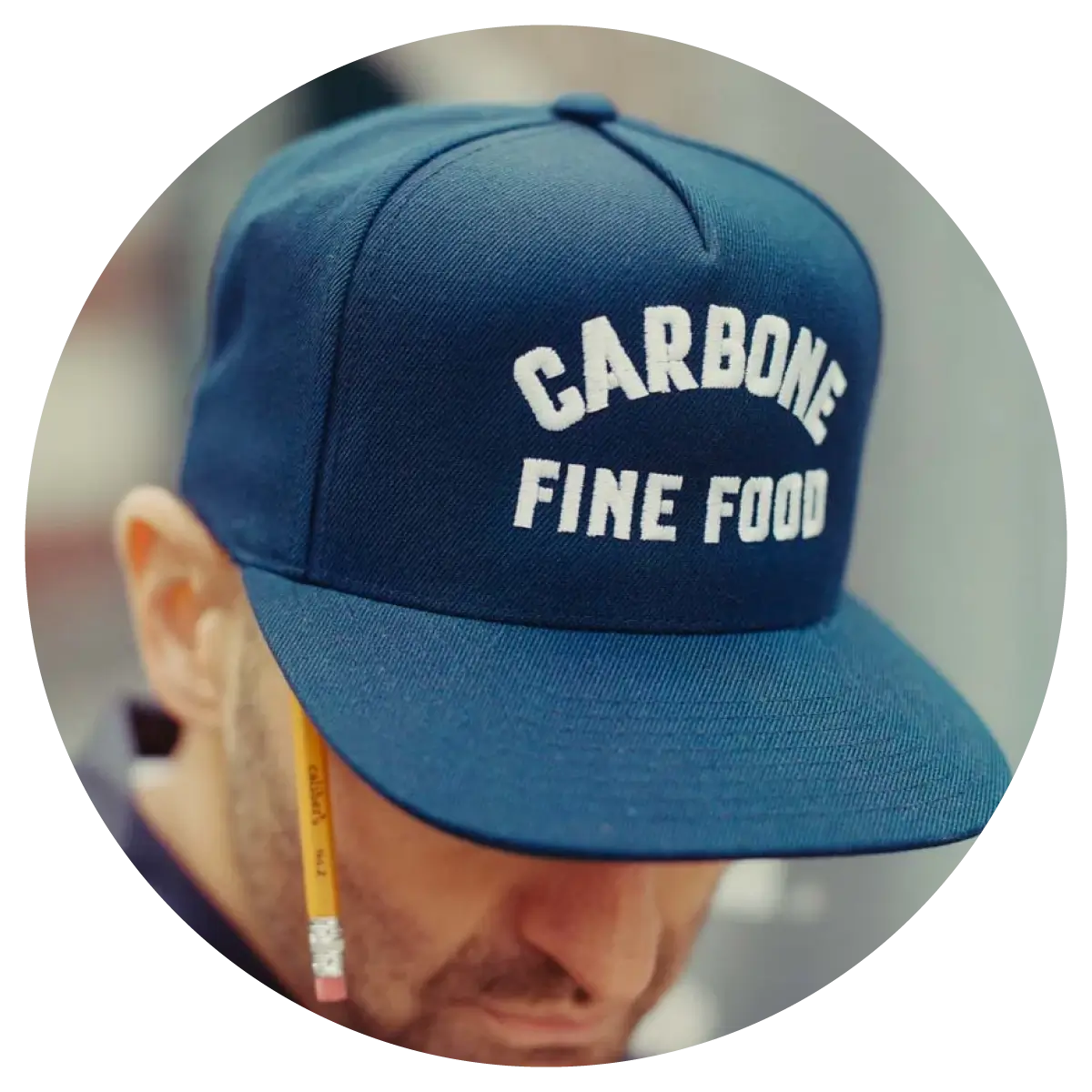We chat with Jane Mosbacher Morris of TO THE MARKET to discover how supply chains can become more transparent
As a Certified B Corp, we are always looking to partner with great businesses that share our commitment to leaving the planet better than we found it. That’s why we were so excited to meet the crew from TO THE MARKET at the 2024 PPAI Expo. Their products offer maximum efficiency and lower carbon footprints by utilizing a demand-driven supply chain that uses sustainable processes and materials. They also provide a vetting service that enables businesses to have far more insight into the supply chain.

Branded merch is all about sharing your story, and with TO THE MARKET that storytelling aspect is even more accessible than ever. One of our favourite examples? A custom QR code for end consumers to access information about the positive impact of their product and to view the benefits to the ethical maker. The information on the QR landing page includes everything from product offsetting details, impact metrics, options for recycling, care tips to conserve product quality, and more.
We wanted to learn more about the epic ethos of TO THE MARKET, so we recently chatted with Jane Mosbacher Morris, their CEO, to take a closer look at how our missions align and how our partnership offers you even more choice.
Having an ethical supply chain and the ability to report on it transparently are at the heart of what you do. Can you tell us why that is so important?
TO THE MARKET focuses on helping clients understand their supply chain footprint for several reasons. First, as consumers, we’re increasingly drawn to products that resonate with our values. Let’s face it: not many of us would knowingly support a bargain shirt if it meant someone endured harsh working conditions to make it. It’s not a compromise we’d willingly make when presented with all the facts. When we stop to think about it, many items we use daily are crafted by human hands, whether it be the clothes we wear or the items on our desks. Sure, machines play a part, but the human touch dominates. This begs the question: are we contributing positively to this cycle or inadvertently perpetuating a harmful dynamic?
Second, there is increasing reputational exposure. Companies often tout their values loudly and proudly, and more often than not, these values are commendable. However, it poses a significant risk if these public proclamations aren’t reflected in their supply chain and core operations. Not only is there a potential operational hazard, such as relying on facilities with questionable practices due to inadequate supply chain oversight, but there’s also the danger of tarnishing the company’s reputation. If a company fails to align its actions with its stated values, it could lead to irreversible damage to its image and standing in the market.
Finally, and perhaps most pressing of late, is the ever-expanding regulatory environment. In the last 24 months, the US, the EU, and Canada have all passed and implemented laws focused on social compliance and sustainability. It is complex to ensure a business keeps track of the latest requirements for importing and reporting. TO THE MARKET aims to make all of that easier.
In an industry such as ours that is so vast, how challenging is it to vet the products and ensure they are ethical and sustainable?
Navigating the intricacies of our supply chain can be daunting, especially for smaller businesses with limited resources. Often, when vetting factories, the focus tends to lean more toward sustainable fabrications, leaving the factories’ social compliance and sustainability footprint sidelined.
While choosing more sustainable raw materials is a step in the right direction, it’s crucial to recognize that eco-friendly materials alone don’t guarantee ethical or sustainable production practices. Too often, products labelled as “sustainable” are manufactured in facilities with poor environmental standards or where workers are mistreated. It’s our responsibility to delve deeper into the actual operations and practices of the production facilities we partner with to verify their ethical and sustainable footprint.
Many industry ESG/sustainability vetting systems rely solely on self-declarations to verify factory standards, but a more robust approach is necessary to see positive change. Our proprietary vetting system asks suppliers questions across all ESG dimensions and selective audits and certification validation to ensure factories operate responsibly and consistently.
So, yes, it’s a challenge. However, we willingly embrace it because it aligns with the future of business. At the end of the day, it’s not just about what we sell; it’s about the legacy we leave behind and the difference we make in the world. And for that, we’re willing to navigate the rough terrain.
At this year’s PPAI Expo in Las Vegas, it felt like sustainability was no longer a ‘buzzword’ and has become the norm. Do you think the same? How much has the industry changed in this regard over the past few years?

The retail industry is one of the most polluting in the world and is also rife with labour exploitation and promotional products have gained notoriety for their association with waste. Therefore, conveying to the recipients that these items were crafted responsibly is crucial. Failing to do so could inadvertently send a negative message alongside the client’s brand name.
What is the most innovative product you’ve seen in the past year? Why did you love it?
We’ve begun working with a new fabric that looks and feels like leather but is derived from sustainably sourced paper. We love it because the fabric originates in Forest Stewardship Council (FSC)-certified groves, where the raw material of slow-grown tree cellulose is harvested. The wood undergoes a distinctive process, transitioning to pulp and eventually to paper. The resulting paper is then combined with an allergen-free latex, giving it distinctive attributes such as washability and strength.
Adding to its environmental benefits, the manufacturing process exhibits remarkable water efficiency. An impressive 93% of the water employed returns to its source as pure as when extracted. A mere 7% is lost to evaporation, ultimately reintegrating into the environment. FSC guides this sustainable sourcing approach and is dedicated to fostering environmentally responsible, socially beneficial, and economically viable forest management worldwide.
What is your hope for our industry in 2024?
Looking ahead to 2024, we are expanding our software to allow our clients to vet and monitor their existing factory relationships, uncovering opportunities to improve behaviour and recommending lower-risk factories that our clients can engage in. Supply chains will never be perfect, but we believe progress over perfection is the best way to make positive change. I envision a future where our supply chains empower people, protect the planet, and ultimately create better products and businesses.

Here at Genumark, we are excited to partner with TO THE MARKET to offer you even more choices that meet your own goals while telling your story in a truly unique way. Ready to start a new project with sustainability in mind?



